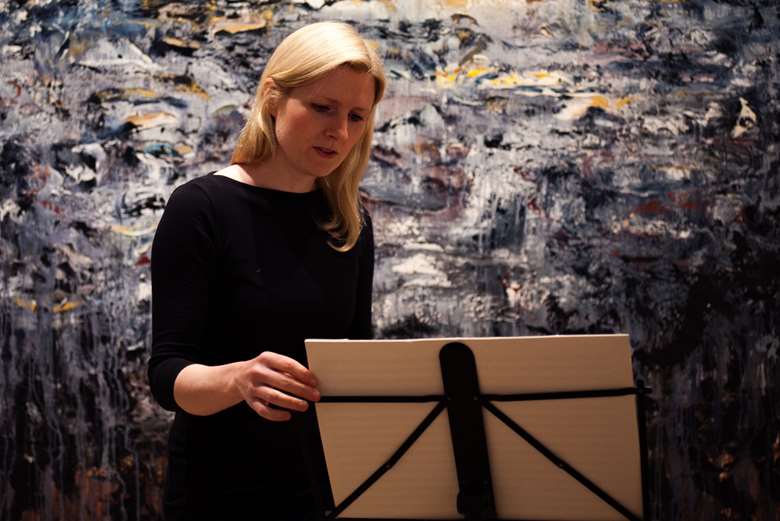Deborah Pritchard: Learning to trust in your own musical style
Deborah Pritchard
Wednesday, April 20, 2022
Ahead of the premier of her Bach-inspired work at Music@Malling, British composer Deborah Pritchard gives her advice to those in search of their own musical style


Register now to continue reading
Don’t miss out on our dedicated coverage of the classical music world. Register today to enjoy the following benefits:
- Unlimited access to news pages
- Free weekly email newsletter
- Free access to two subscriber-only articles per month